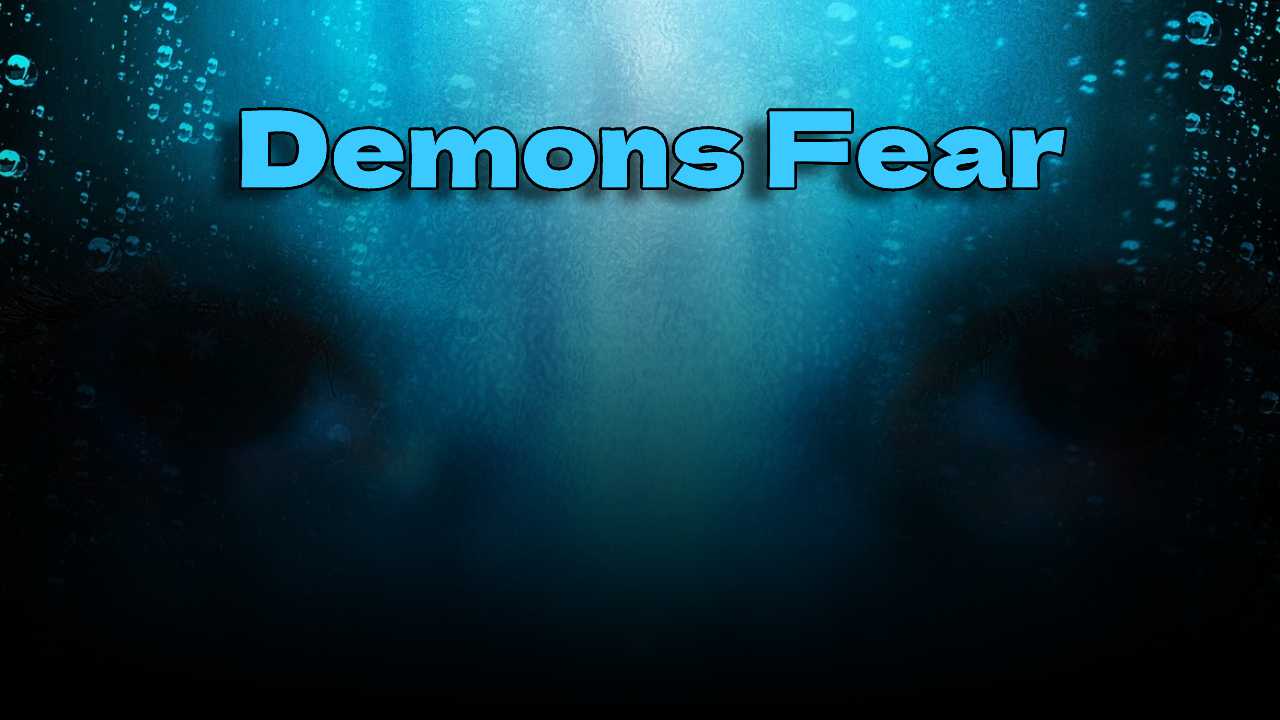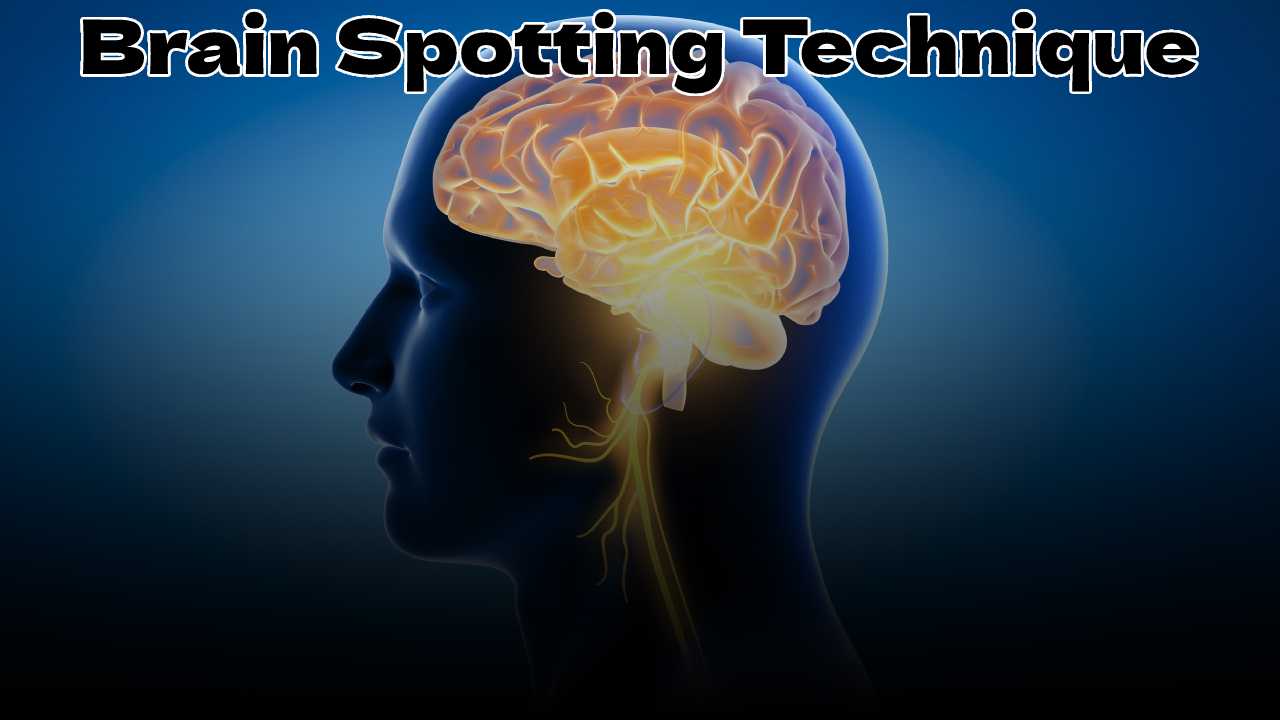Introduction:
For centuries, demons have been a fascinating subject of study and speculation. These supernatural beings have been depicted in various forms in popular culture, from malevolent spirits to seductive entities. While many people believe that demons are invincible and unstoppable, they too have their weaknesses and vulnerabilities. In this article, we will explore the nature of demons and delve into their weaknesses, shedding light on what they fear.
The Nature of Demons:
According to various religious and cultural beliefs, demons are malevolent spirits that are associated with evil and chaos. They are considered to be fallen angels or spirits that rebelled against God and were banished to hell. In some traditions, demons are thought to be the minions of the devil, who seek to corrupt human souls and lead them astray.
Demonology and Demon Classification:
Demonology is the study of demons and their characteristics, behavior, and hierarchy. It is believed that demons have different powers, weaknesses, and vulnerabilities, depending on their rank and function. In demonology, demons are classified into different categories based on their attributes, such as their appearance, abilities, and the sins they promote. For example, there are demons that are associated with lust, greed, envy, and wrath.
Demon Weaknesses and Vulnerabilities:
While demons are often portrayed as powerful and invincible, they too have their weaknesses and vulnerabilities. Knowing these weaknesses can be crucial in protecting oneself from demonic possession or influence. Here are some of the weaknesses and vulnerabilities of demons:
- Name: Demons are said to be vulnerable to the power of names. According to some traditions, if you know the name of a demon, you can control or banish it. This is why many exorcists and demonologists use the names of demons in their rituals.
- Holy Water and Symbols: Holy water and symbols such as crosses, pentagrams, and other religious symbols are believed to repel demons. These symbols and objects are used in exorcisms and other rituals to protect against demonic influence.
- Prayer and Faith: Prayer and faith are powerful weapons against demons. Many religious traditions believe that prayer and faith can protect against demonic possession and influence. In addition, many exorcisms involve the recitation of prayers and religious texts.
- Iron and Salt: Iron and salt are also believed to repel demons. In some traditions, iron is used to ward off evil spirits, while salt is believed to purify and protect against demonic influence.
- Weaknesses Based on Their Sins: As previously mentioned, demons are associated with different sins and vices. This means that they may have specific weaknesses based on the sin they promote. For example, a demon associated with lust may be weakened by chastity and purity.
Some additional information that can be included in the article are:
- Demon Possession: Demons Fear possession is a common theme in demonology and popular culture. It is believed that demons can possess human beings and control their thoughts and actions. The process of exorcism involves driving out the demon from the possessed person’s body through various rituals and prayers.
- Demonology in Different Cultures: Demonology is not limited to a particular religion or culture. Different cultures have their own beliefs and traditions about demons. For example, in Japanese folklore, Oni are demon-like creatures that are associated with evil and mischief. In Hindu mythology, Asuras are considered to be demons who are in constant battle with the Devas, the divine beings.
- Demonology in Modern Culture: Demonology continues to be a popular subject in modern culture, including in books, movies, and video games. The portrayal of demons in modern culture ranges from terrifying monsters to sympathetic characters struggling with their evil nature.
- Demonic Influence on Mental Health: Some people believe that demons can influence a person’s mental health. They argue that mental illnesses such as schizophrenia and bipolar disorder may be caused by demonic possession. However, this belief is not supported by scientific evidence, and mental illnesses are recognized as medical conditions that require proper treatment.
- Demonic Powers: Demons are believed to have various supernatural powers, such as the ability to shape-shift, possess human beings, and manipulate reality. Some traditions also believe that demons can grant wishes or powers to humans in exchange for their souls.
Also Read: Is a 135 IQ Good? Understanding IQ Scores and What They Mean
Conclusion:
while Demons Fear are often portrayed as invincible and powerful, they too have their weaknesses and vulnerabilities. Knowing these weaknesses can be crucial in protecting oneself against demonic possession or influence. Whether it is the power of names, holy water and symbols, prayer and faith, or weaknesses based on their sins, there are ways to protect against demonic influence. Ultimately, understanding the nature of demons and their weaknesses can help us better understand our own vulnerabilities and how to protect ourselves from malevolent forces.





